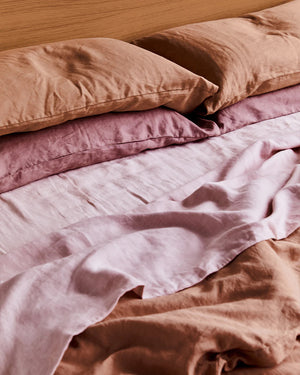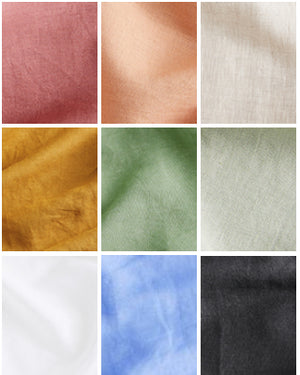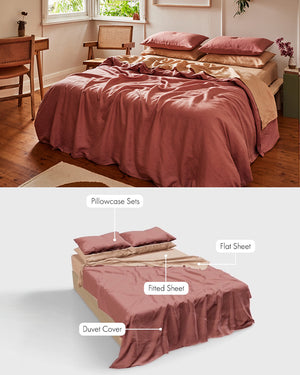A Beginner's Guide to Ayurveda, the Ancient Tradition Revolutionising Wellness
The past few decades have seen holistic attitudes towards health and wellness embraced by the mainstream. For many, if not most, the understanding that everything is connected has never been more clear.
Holistic health assumes that your wellbeing encompasses everything about you: your physical body, your psychological state, and your environment to their environment as well as the way your interact with it.
This approach underpins many Eastern philosophies that are growing in influence, such as the ancient tradition of Ayurveda. You've probably already dipped your toes in the pool of Ayurvedic wellness techniques, such as tongue scraping or oil pulling. But what are these techniques based on? And why are they becoming more popular in mainstream Western culture?
Read on to find out exactly what Ayurveda is and how you can introduce Ayurvedic practices into your own wellness routine.
What is Ayurveda?
Originating in India 5000 years ago, Ayurvedic practices and principles are influencing modern wellness all over the world. This alternative medicine system stems from the ancient Vedic culture and emphasises the balance of body, mind and consciousness. The word itself translates to "the science of life". Ayurvedic tradition regards physical, mental and personal as independent units that that are able to influence one another and must be in balance. In Ayurveda, illness is a sign of imbalance.
Ayurveda is based on classical texts containing medical knowledge that has been transmitted from the gods to the sages, and then to humans. Ayurvedic therapies were popularised for Western consumption in the '70s and '80s, are largely based on herbal compounds, minerals and metal substances. While Ayurvedic principles are growing in influence, the practice is considered pseudoscience.
Why is Ayurveda so popular?
Ayurveda focuses on cleansing, detoxifying and illness prevention. Traditional Western medicine can fall short, for women especially. Meanwhile Ayurveda, like many non-traditional philosophies, offers answers to questions that have long gone unanswered, and relief from an aggressive market pushing products and practices created from a place of male bias. (Ever notice that women's razors are more expensive than men's razors? The pink tax is real.)
What's also appealing in Ayurvedic philosophy is the focus on maintaining good health, rather than just addressing bad health when it arises. Then there's the focus on herbal remedies, which can be preferable to medications for less serious ailments.
Where to start?
Diet is one of the most popular areas in which to put Ayurvedic principles into practice, with the focus being healthy whole foods. In order to figure out the most appropriate Ayurvedic diet for you, it is important to first identify your dosha, or body type. This will help you work out what foods will promote inner balance. Until you do that, get started by eliminating alcohol, coffee, red meat, artificial sweeteners and processed ingredients.
Oral therapy is also a popular way to introduce Ayurvedic practices into everyday wellness. Tongue scraping is one of the detoxifying techniques based in the Ayurvedic tradition—try it at home with the A Tongue Cleaner Changed My Life Ayurvedic Copper Tongue Cleaner. Then there's oil pulling, which involves swishing coconut oil around in your mouth for 20 minutes.
Some more Ayurvedic therapies to try: aromatherapy, meditation, breathing exercises, massage, acupuncture, sound therapy and mantras.
Enjoyed this? Here are 6 benefits of oil pulling, the daily detox ritual you should try next.


















